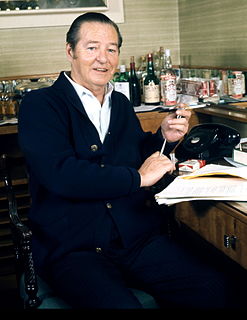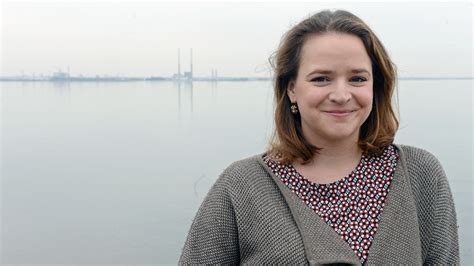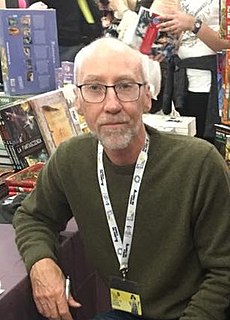A Quote by Terence Rattigan
To face life without hope can mean to live without despair.
Related Quotes
We may live without poetry, music and art; We may live without conscience, and live without heart; We may live without friends; we may live without books; But civilized man cannot live without cooks. . . . He may live without books,-what is knowledge but grieving? He may live without hope,-what is hope but deceiving? He may live without love,-what is passion but pining? But where is the man that can live without dining?
That's the essence of our faith. It's living with hope in the face of mystery. We live a life of faith completely full of hope, staring mystery right in the face. You can't have one without the other. Your faith won't survive without hope, and hope won't survive without the realization that there are mysteries that will not be answered. If you can embrace both, you can have a vibrant faith.
Boredom!!! Shooting!!! Shelling!!! People being killed!!! Despair!!! Hunger!!! Misery!!! Fear!!! That's my life! The life of an innocent eleven-year-old schoolgirl!! A schoolgirl without a school, without the fun and excitement of school. A child without games, without friends, without the sun, without birds, without nature, without fruit, without chocolate or sweets, with just a little powdered milk. In short, a child without a childhood.
...we are not without hope of salvation, nor is it at all the right time for us to despair. All our life is a season of repentance, for God 'desires not the death of the sinner', as it is written, 'but that the wicked turn from his way and live' (cf. Ez. 33:11 LXX). For, if there were no hope of turning back, why would death not have followed immediately on disobedience, and why would we not be deprived of life as soon as we sin? For where there is hope of turning back, there is no room for despair.
Here is the difference between hope with Jesus and hope without Jesus. Hope without Jesus is waiting for your position or circumstance to change. To be waiting and hoping that someday things aren't how they are now. There is nothing wrong with waiting for a miracle, but some miracles don't always come. Life without Jesus is a life without purpose.
The absurd man will not commit suicide; he wants to live, without relinquishing any of his certainty, without a future, without hope, without illusions … and without resignation either. He stares at death with passionate attention and this fascination liberates him. He experiences the “divine irresponsibility” of the condemned man.





































